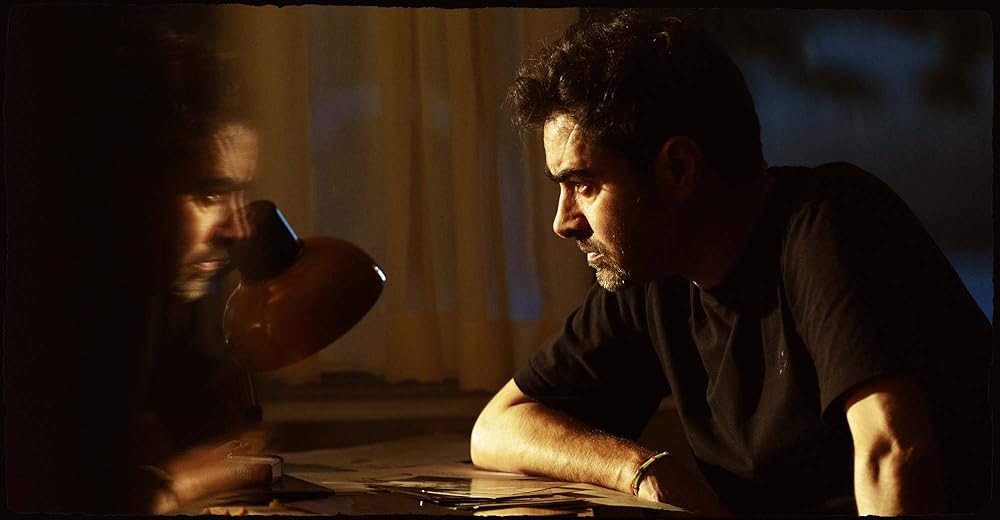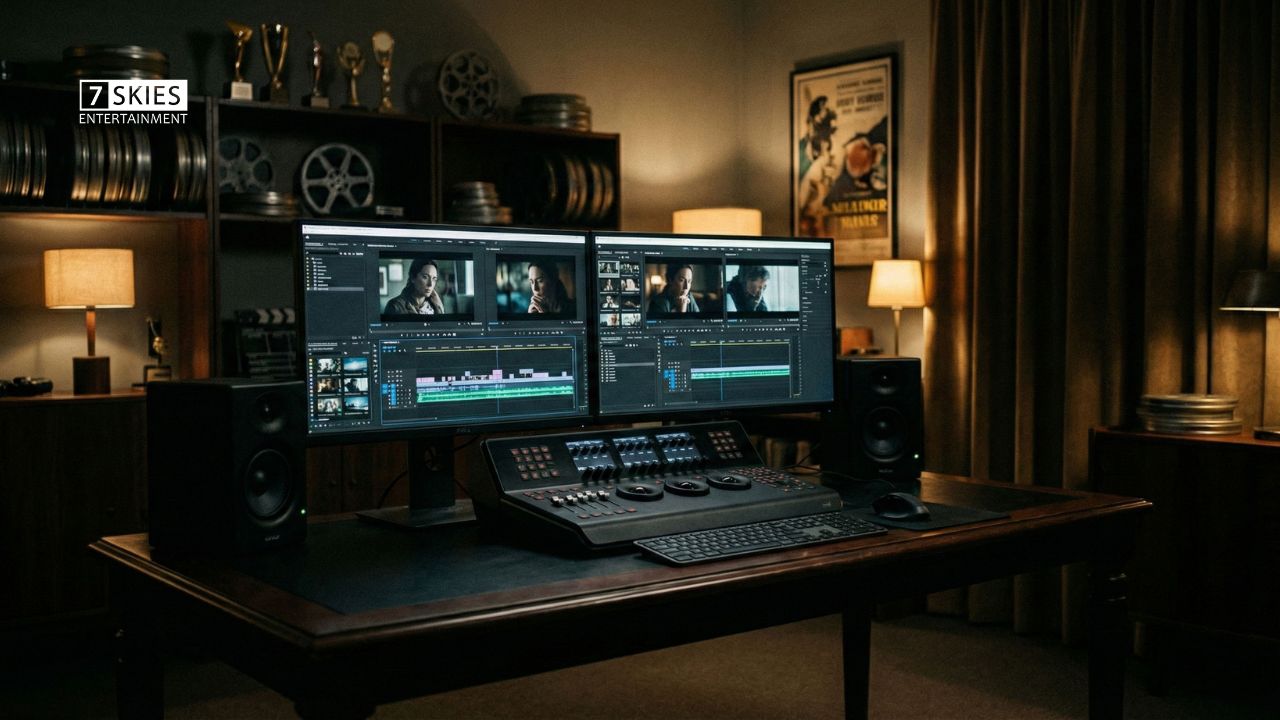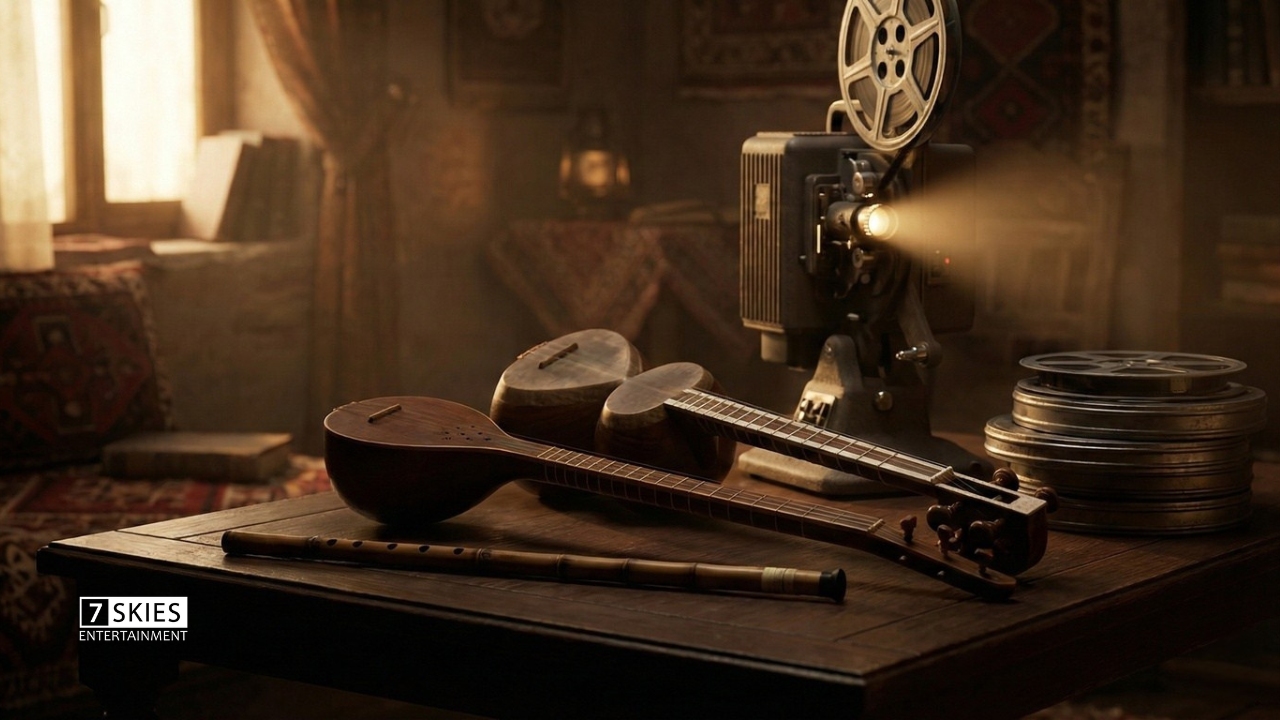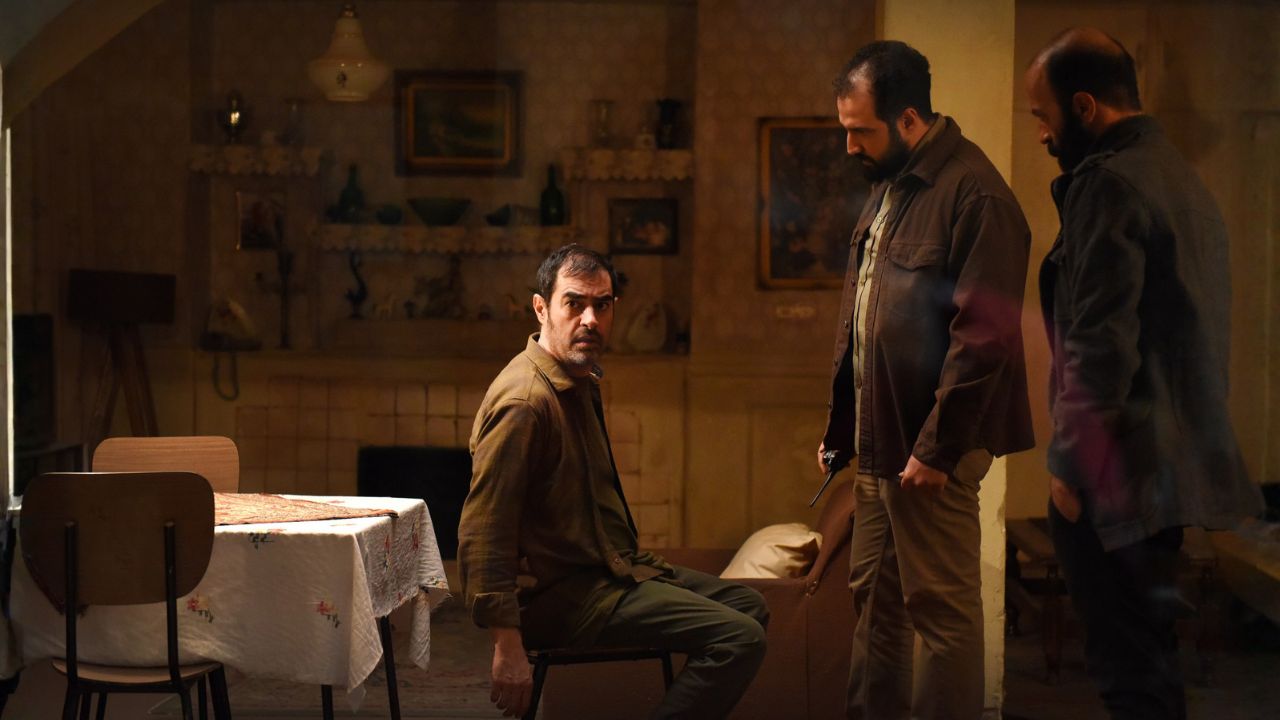
“The Lion Skin”, created by Afghan-Iranian brothers Jamshid Mahmoudi and Navid Mahmoudi, is a crime drama series aired in three seasons, having not only achieved public popularity but also received mostly positive reviews from critics. It tells the story of a man who is released from prison after 15 years and goes to visit his daughter. However, after having spent the crucial years of his life behind bars, and with all his thoughts focused on reuniting with his daughter, he soon loses her. This event leads the man to abandon his work and life, and together with a police officer who shares his pain, he seeks to find and take revenge on those who abducted, assaulted, and killed his daughter. These efforts have resulted in one of the most thrilling, engaging, and popular series in the history of Iranian video on demand platforms, and even in relation to the subject matter, Iranian television.
The significant success of the series in attracting both critical acclaim and public attention highlights its importance, especially for those who frequently criticize the public’s taste. This is the series’s most crucial achievement. While many critics have elevated “The Lion Skin” to the status of one of the best series in Iran’s entertainment industry, public reception also indicates a similar belief. Evidence of this includes the numerous viewers of the series and the high volume of related searches. For instance, according to Google Trends data, the series’s native name “Poost-e Shir” was among the most searched terms by Iranians in January 2023, and in March 2023, the title trended as a hashtag on Twitter among the Persian community.
Shahab Hosseini plays the role of a detective and has managed to shine in this series just as he did in his previous notable roles. In this story, Hosseini portrays a police officer deeply scarred by a horrifying case in which his daughter was the victim. A sorrowful and somewhat unconventional character, despite carrying the grief of losing his daughter, he has managed to effectively carry out his missions as a detective. As a result, he chooses to live in seclusion until he encounters a mysterious case involving the murder of a young woman, resembling that of his own daughter. Such a beautifully executed role is rarely handled so well by actors, but Shahab Hosseini has successfully embraced this role and captivated the audience with his excellent performance.
Iranian actor Hadi Hejazifar explains his experience working opposite Shahab Hosseini by recalling that when filming began, he had just arrived from Abadan to Tehran, and in the first session, he was handed nine pages of dialogue to perform opposite Shahab Hosseini—an actor with whom he had no prior experience. They were to enact a tense scene in a police station, and Hejazifar notes that he kept avoiding eye contact with Shahab to maintain the intensity of the scene, which became a part of his performance.
“Not only does this series boast a defensible screenplay compared to other Iranian series, but the director and main actors also delivered commendable performances. The acting, particularly by the two lead actors, cannot be overlooked,” Ehsan Dabiroozi, a film critic says. He continues: “This series can be considered one of Shahab Hosseini’s best performances. As the series progressed, his performance became increasingly refined, reaching a point in the later episodes where it could confidently be considered one of the high points of Hosseini’s career.” According to this critic, “Shahab Hosseini, who initially presented a more straightforward performance compared to Hadi Hejazifar, gradually developed the character of the detective into a more complex role. In the later episodes, his performance displayed a continuous and evolving movement between various emotions. A notable example of this is a scene where Hosseini initially says ‘for my daughter’s sake’ during an interrogation but soon shifts to ‘for my daughter’s soul’ without a noticeable change in his facial expressions, thereby offering viewers a deeper understanding of his character.”
The transformation Hosseini’s character, is significant in that he becomes more than just a tool for finding the criminal. He is a person with a distinctive personality, past, and backstory that emotionally connects him with the case and, consequently, with the story and the audience.



